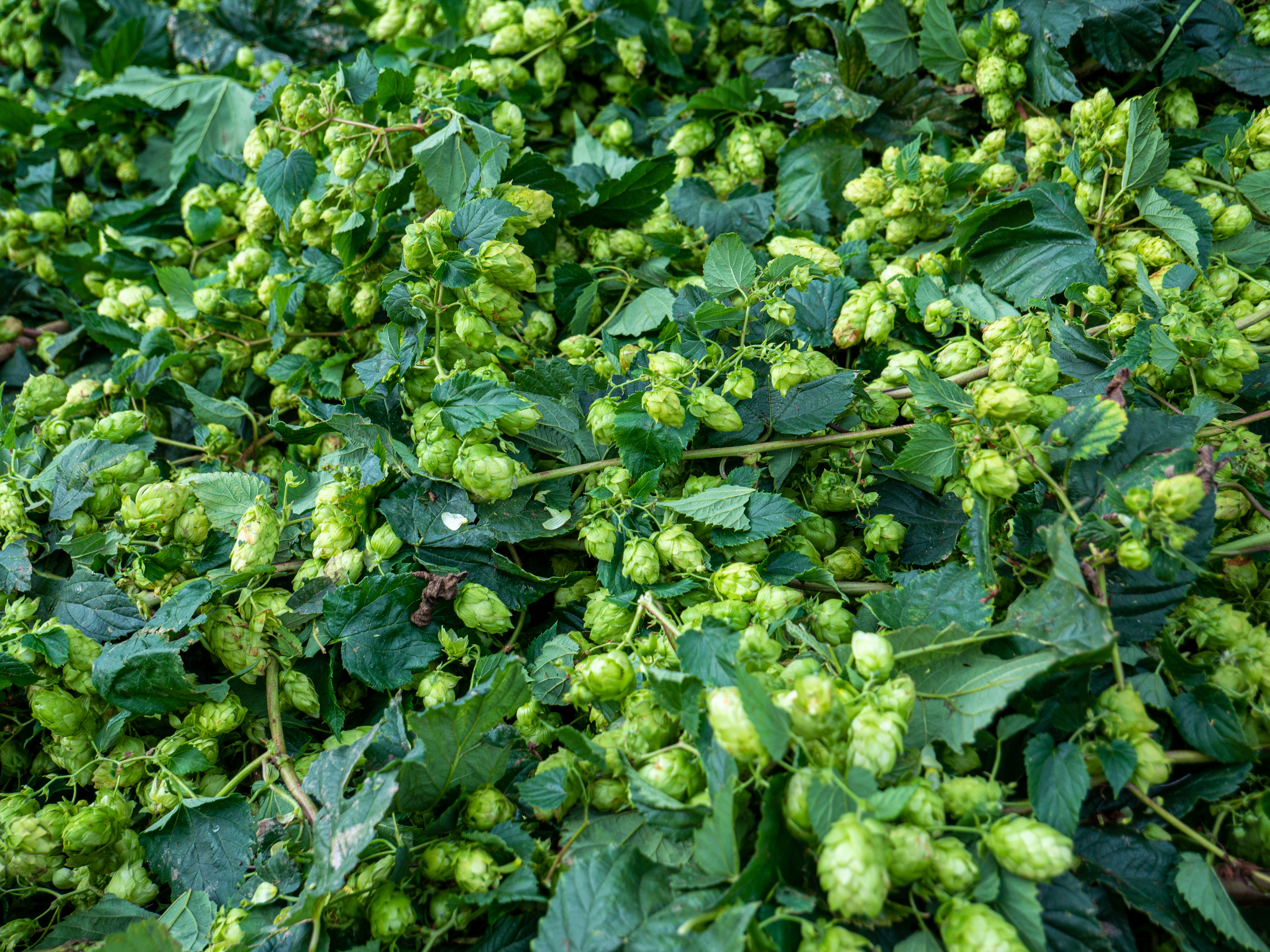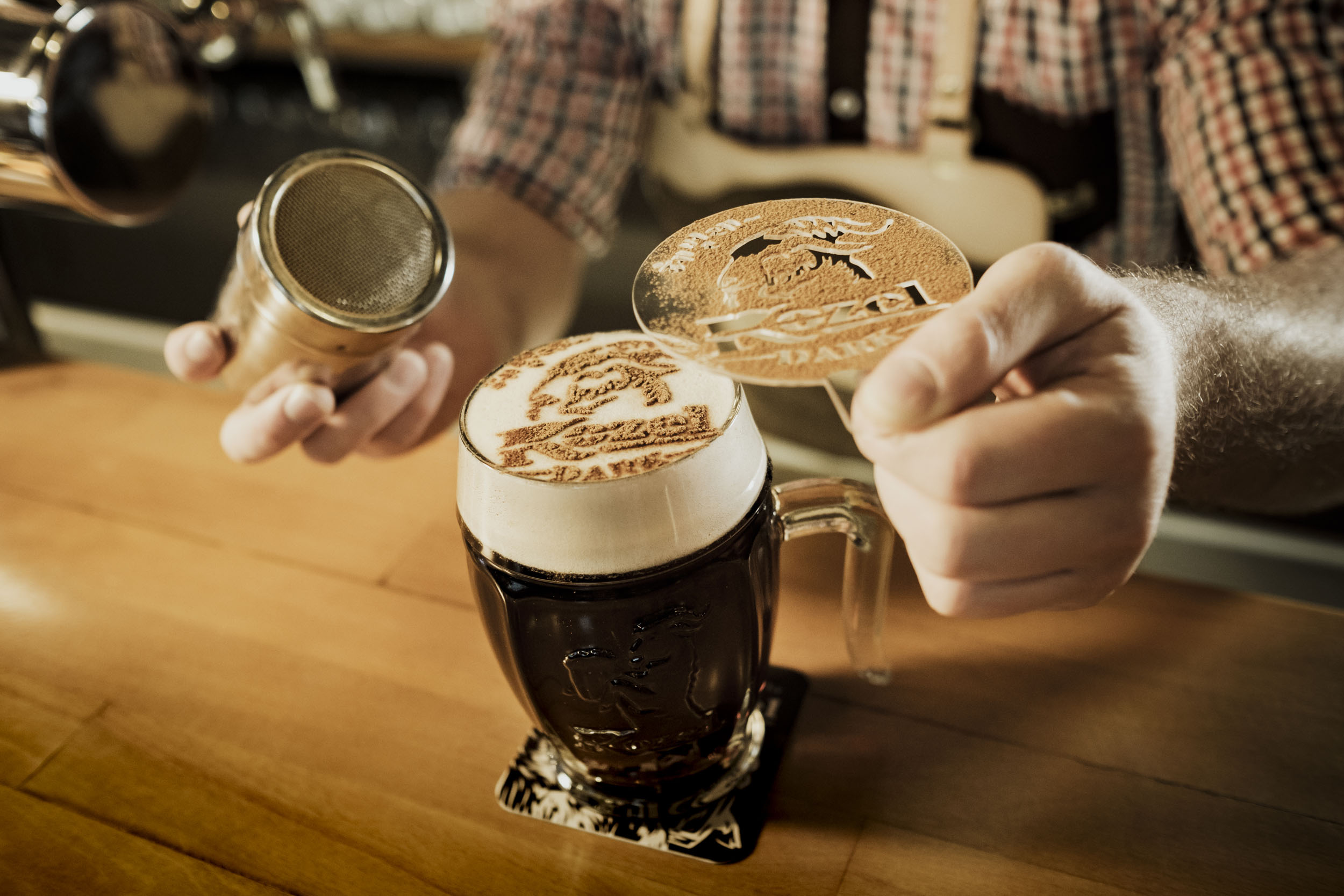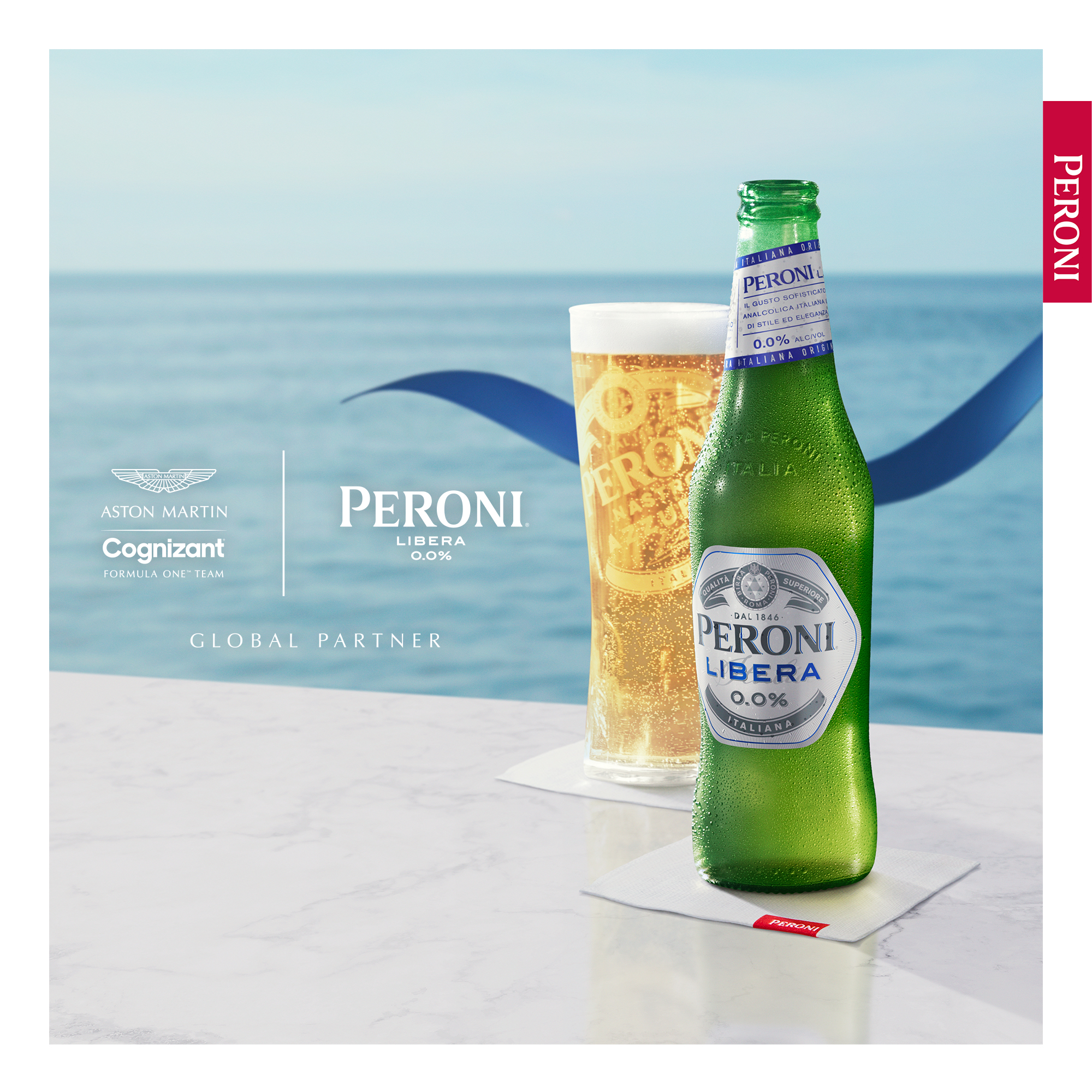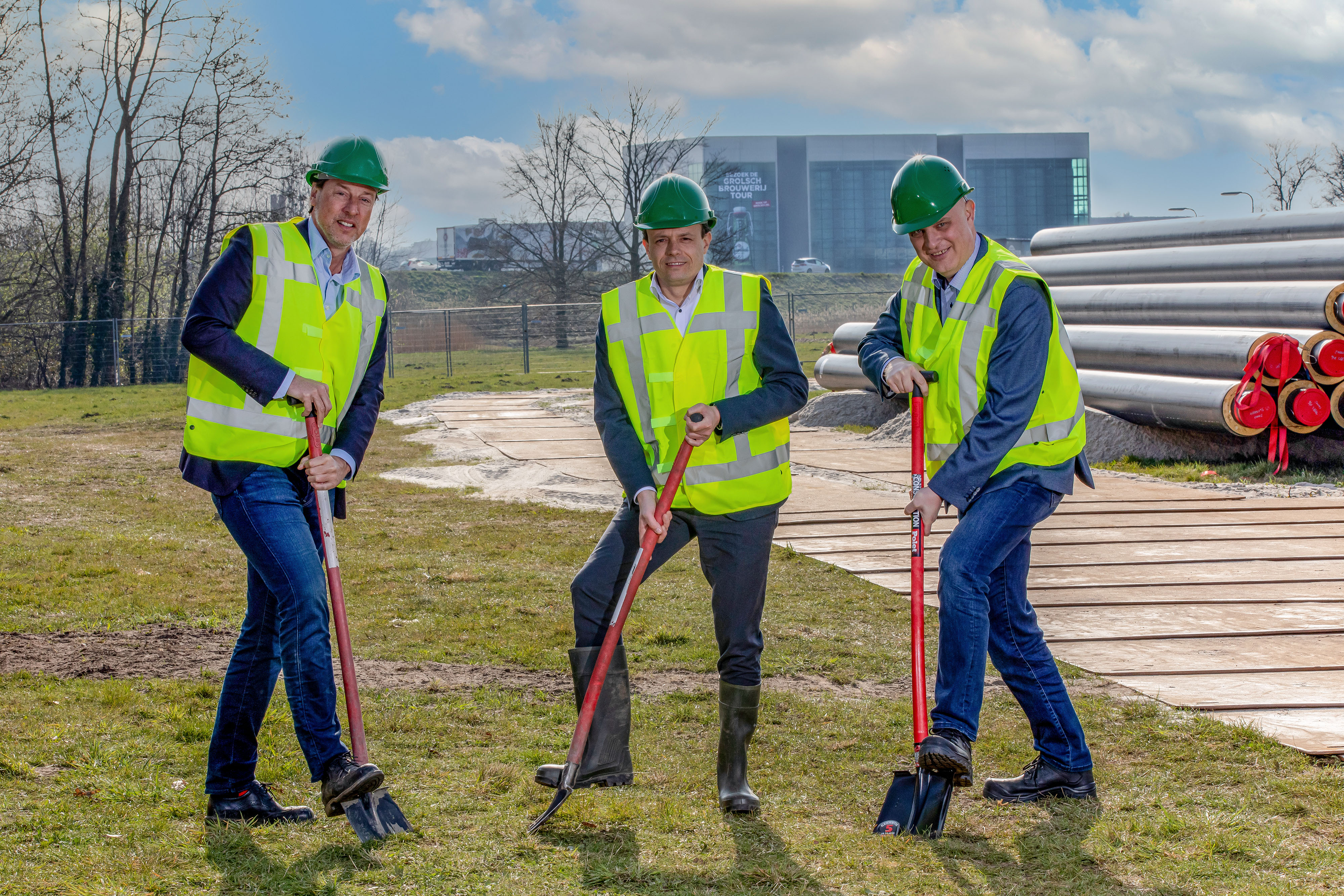Asahi Europe & International shared its progress towards carbon neutrality by 2030 as it sets a sustainability example for the brewing industry. With success in areas including renewable energy, water usage, sustainable sourcing, packaging, Asahi Europe & International makes case for truly integrated sustainability strategy at the Brewers of Europe Forum in Madrid.
Sustainability is at the core of Asahi Europe & International’s (AEI) strategic business objectives and we're already making transformational progress against the ambitious goal of becoming carbon neutral across all breweries by 2030, and across all operations and supply chains by 2050.
AEI’s Group Sustainability Director, Preeti Srivastav, took to the stage at the 2022 edition of Brewers of Europe Forum in Madrid to highlight the brewing company’s success and progress against its ambitious Legacy 2030 programme goals. AEI has already achieved a 40% decrease in its overall carbon footprint in the last decade. Over the same period, AEI’s water consumption reduced by 36% thanks to operational efficiency and strategic use of new technologies – placing AEI’s water use above the industry standard.
Preeti Srivastav said: “Sustainability has truly never been more crucial – the decisions we make and the action we take on the climate this decade will determine the future for all of us. As leaders in most of the markets where we operate, our aim is to lead by example. That’s exactly what we’re doing with Legacy 2030 – progressing a truly integrated sustainability across all our operations and value chain, to create the most positive impact for people and planet.”
Srivastav shared case studies, success stories and insights from AEI’s Legacy 2030 journey so far, including the indicators to measure sustainability progress and the ambitious dates set to reach these targets – such as being on track to operate breweries in Europe on 100% renewable electricity by 2025.
Some key successes shared:
-
100% of electricity used in AEI breweries in Poland and the Netherlands is from renewable sources – Grolsch, Żubr and Lech are all brewed with 100% renewable electricity
-
Our most water-efficient brewery is in Nošovice, Czech Republic, where the water-to-beer ratio is 2.41 and the brewery supports water projects in nearby communities
-
100% of the barley we use in the Czech Republic, Slovakia and Italy is sourced locally, most of it directly from farmers themselves
-
Our Pilsen brewery has signed a long-term agreement with a local renewable energy supplier to be supplied with 100% green heat.
Legacy 2030 will ensure this decade is a transformative one: by 2030, we aim to have 100% carbon neutral breweries, have 100% of our ingredients sustainably sourced, 100% of our packaging reusable or recyclable, and have an equal share of women in leadership. Following these milestones, we will have a net zero carbon footprint across its value chain in 2050.
Legacy 2030’s strength lies in its holistic approach to sustainability across the business – with goals set for production, water use, heat, electricity, packaging, transportation, raw materials, and agricultural dimensions. It connects the planet, people, its portfolio, profits, and overall purpose company purpose of creating meaningful connections with its sustainability strategy.
AEI is driven by ambitious sustainability goals, strategic partnerships including with Brewers of Europe and suppliers, as well as an unwavering commitment to sustainability. AEI is truly setting the industry standard for sustainability in brewing through Legacy 2030.








